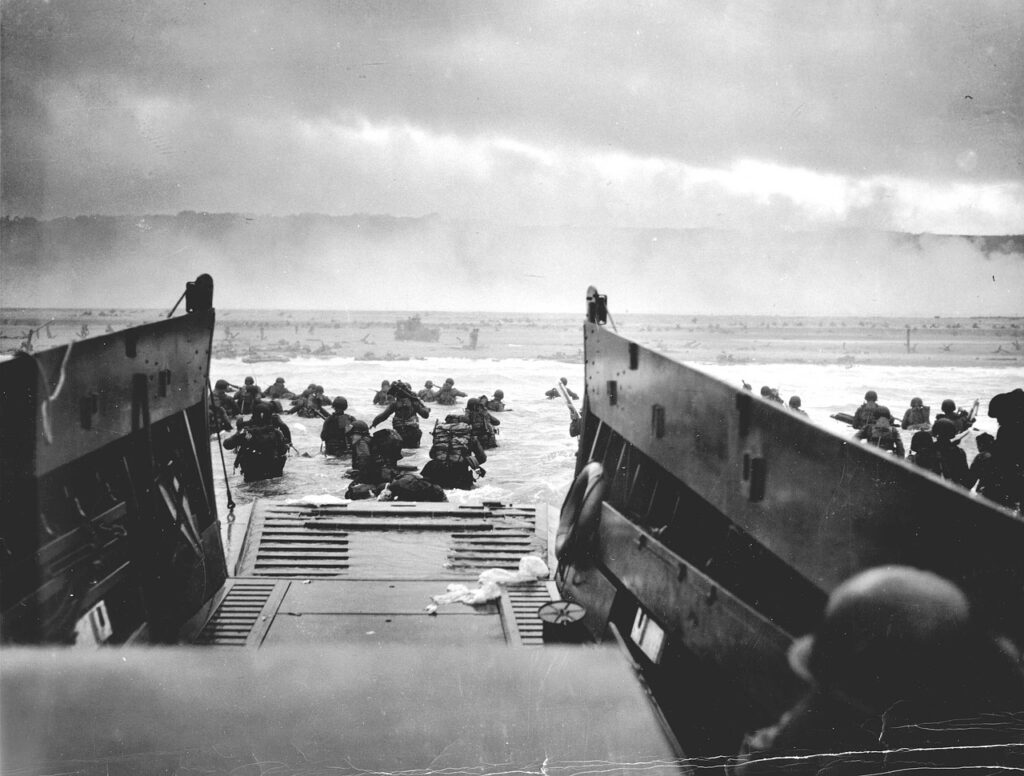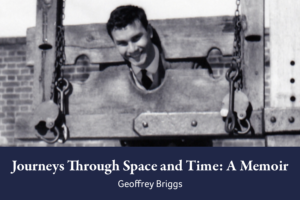With Veterans Day upon us, it is a time to reflect on the sacrifices made by the countless servicemen and women who have borne the weight of conflict on their shoulders.
This solemn occasion reminds us of the profound impact that personal war memoirs have played in shaping our collective memories of various conflicts. Through these accounts, we connect with the experiences of those who have fought, and, as a result, we gain deep insight and appreciation for their bravery, resilience, and humanity.
Join us as we explore the significance of personal war memoirs and the ways in which they have influenced our memories of conflicts.
Historical documentation
The value of war memoirs as historical records cannot be overstated. History books, official records, and documents give us an overview of what happened and when. They can also tell us about the people who made the key decisions (for right and wrong). What they don’t give us are the intimate and nuanced perspectives of those on the ground who experienced events firsthand. For this reason, war memoirs are an essential part of historical documentation. They preserve the memories of those who were there and offer a living counterpoint to the official records.
Quartered Safe Out Here, by British soldier George MacDonald Fraser, is a wonderful example of a memoir that imparts a detailed, firsthand account of a lesser-known theater of conflict in World War II—that of Burma in 1944 and 1945.
Authentic human stories of war
Another way in which personal war memoirs have shaped our memories of conflicts is by providing authentic human stories. There are thousands of statistics that break down wars into numbers. They tell us the sizes of armies, amounts of tanks and planes, tonnages of bombs dropped, and quantities of bullets fired, as well as, of course, the numbers of casualties. Statistics, however, can often make wars feel like distant events. They can never really capture the lived experiences of war for the people affected. Personal war memoirs, on the other hand, chronicle raw and often profound accounts. They detail the challenges, fears, sacrifices, and hopes of those affected by the consequences of war.
Erich Maria Remarque’s classic war memoir, All Quiet on the Western Front, written from the perspective of a German veteran of World War I, describes the brutal reality of trench warfare. Published in 1929, the novel has lost none of its ability to humanize that conflict. It does so in a way that statistics and records never could.
The power to inspire
Personal war memoirs describe incredible acts of bravery, loyalty, and resilience in the most difficult of circumstances. These stories inspire those who read them as they illuminate the strength of spirit and character that humans can display to overcome their fears and seemingly impossible challenges.
American Sniper: The Autobiography of the Most Lethal Sniper in U.S. Military History is one such war memoir. The book details author Chris Kyle’s time as a Navy Seal sniper in Iraq. His willingness to put himself in harm’s way while fighting enormous physical and psychological pressures serves as an inspirational model of overcoming adversity.
Making the past feel present
Times change and technology continues to advance at pace, but the essence of human nature stays the same. Emotions like love, fear, joy, and sadness remain unaltered. Our desire to connect with and to understand the people we share the world with is a fundamental part of our existence, and one of the most powerful aspects of personal war memoirs is their ability to evoke emotion. At their best, they make what happened in the past feel as if it’s happening now. The emotional connection with our shared history that they engender is incredibly important.
The Diary of a Young Girl, by Anne Frank, is a perfect example of the ability of a war memoir to evoke deep emotional resonance. The book, published two years after Anne’s appalling death at the hands of the Nazis, candidly conveys her tragic journey during World War II. While her diary documents the sheer evil of that regime, it resonates as deeply and as widely as it does because so many of its themes—an adolescent longing for freedom, struggling with her family and her fears, and expressing her hopes of a better future—are universal.
Healing
Some key war memoirs that have shaped our collective memories of conflicts have been written as a cathartic way of coping with the trauma of war and finding closure. Sharing experiences with the world has also provided solace to others who served and to the families of those who died. These stories can help to heal both author and reader, fostering understanding, recovery, and reconciliation.
The Things They Carried, by Tim O’Brien, a soldier in the Vietnam War, is such a memoir. O’Brien wrote the book to help process his own trauma. He was able to face up to his demons, and this helped to publicize the immense psychological impact of war and the emotional turmoil that many veterans felt they could not voice.
Final thoughts
Personal war memoirs have played a crucial role in shaping our memories of conflicts. They’ve documented history and given those who lived through it an authentic voice that continues to resonate through the years. They’ve evoked our emotions, given us understanding and the ability to empathize with people’s struggles, and enabled us to learn from successes and failures. They have also provided therapeutic and cathartic healing to those who have written memoirs and those who have read and continue to read them. Memoirs are the guardians of these memories and shared experiences.
Interested in having someone write a book about your life? Get in touch with us. The LifeBook Memoirs team is here to help you at every stage of your memoir project. Whether you are ready to commission a project or you have questions, just use the form below, schedule a call below, or call us.
Written by the LifeBook Memoirs editorial team




